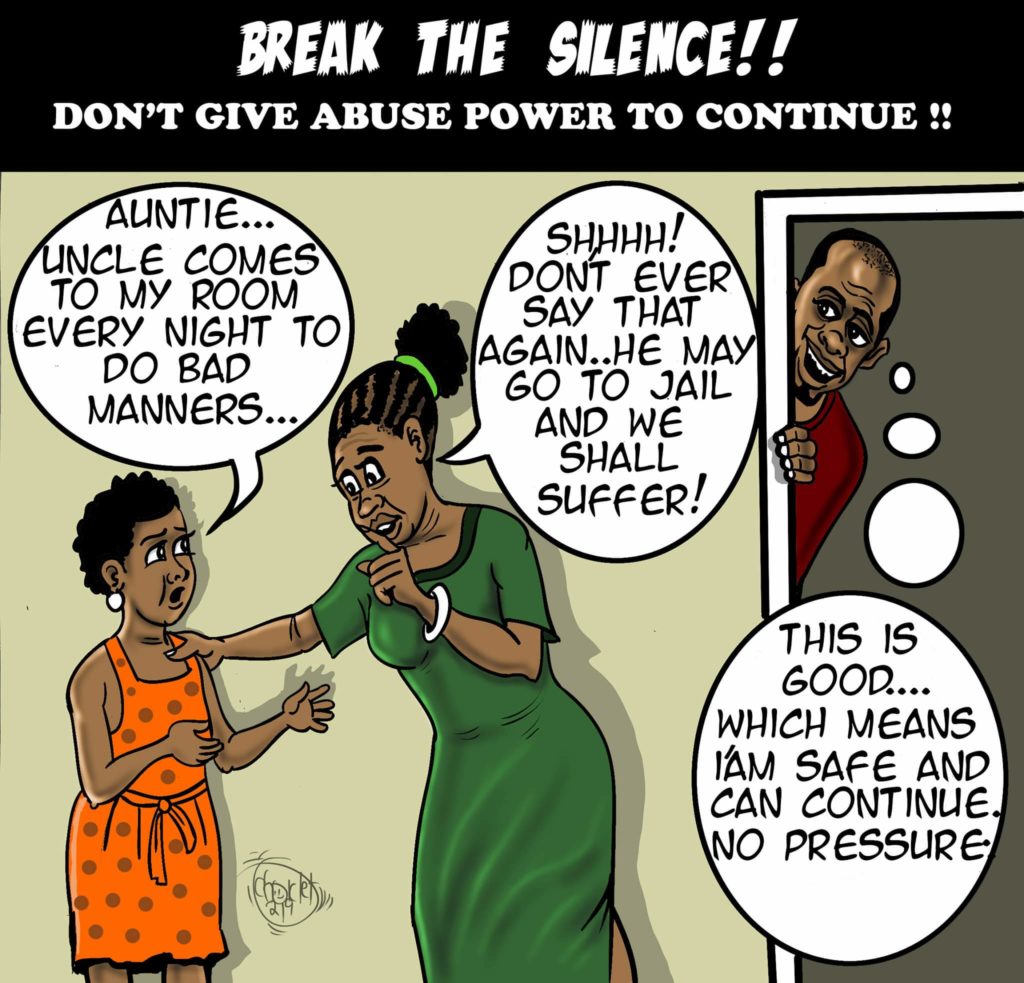Adverse Childhood Experiences (ACE)
ACE originated from research studies in the US which have come to demonstrate an association of childhood trauma with health and social problems across the lifespan.
According to the United States’ Substance Abuse and Mental Health Services Administration, the ACE study found that:Adverse childhood experiences are common. For example, 28% of study participants reported physical abuse and 21% reported sexual abuse. Many also reported experiencing a divorce or parental separation, or having a parent with a mental and/or substance use disorder. Adverse childhood experiences often occur together. Almost 40% of the original sample reported two or more ACEs and 12.5% experienced four or more. Because ACEs occur in clusters, many subsequent studies have examined the cumulative effects of ACEs rather than the individual effects of each.
Adverse childhood experiences have a dose–response relationship with many health problems. As researchers followed participants over time, they discovered that a person’s cumulative ACEs score has a strong, graded relationship to numerous health, social, and behavioral problems throughout their lifespan, including substance use disorders. Furthermore, many problems related to ACEs tend to be comorbid, or co-occurring. About two-thirds of individuals reported at least one adverse childhood experience; 87% of individuals who reported one ACE reported at least one additional ACE. The number of ACEs was strongly associated with adulthood high-risk health behaviors such as smoking, alcohol and drug abuse, promiscuity, and severe obesity, and correlated with ill-health including depression, heart disease, cancer, chronic lung disease and shortened lifespan. Compared to an ACE score of zero, having four adverse childhood experiences was associated with a seven-fold (700%) increase in alcoholism, a doubling of risk of being diagnosed with cancer, and a four-fold increase in emphysema; an ACE score above six was associated with a 30-fold (3000%) increase in attempted suicide.The ACE study’s results suggest that maltreatment and household dysfunction in childhood contribute to health problems decades later. These include chronic diseases—such as heart disease, cancer, stroke, and diabetes—that are the most common causes of death and disability in the United States. The study’s findings, while relating to a specific population within the United States, might reasonably be assumed to reflect similar trends in other parts of the world, according to the World Health Organization. The study was initially published in the American Journal of Preventive Medicine.
We want to #BetheHope, do not hesitate to reach out to us if you need help in the midst of any hopeless situation


